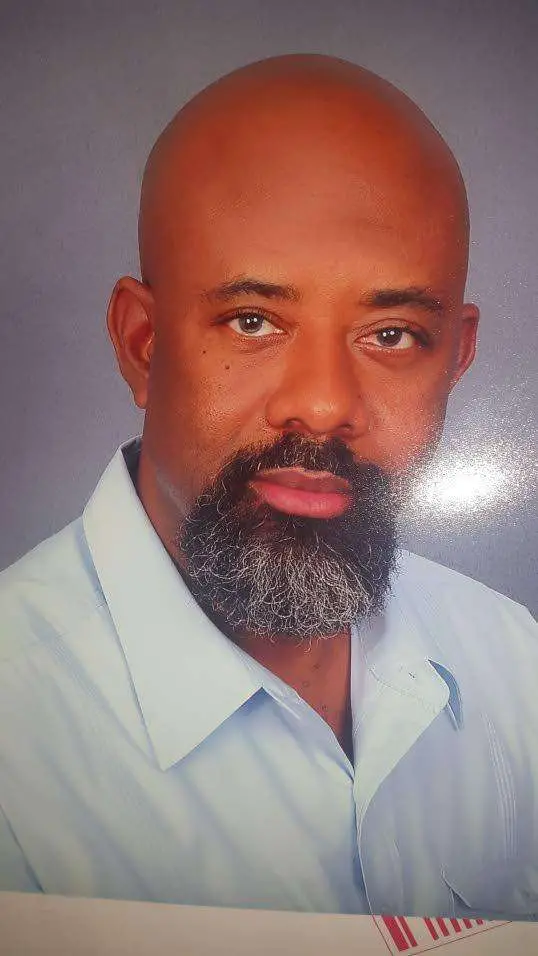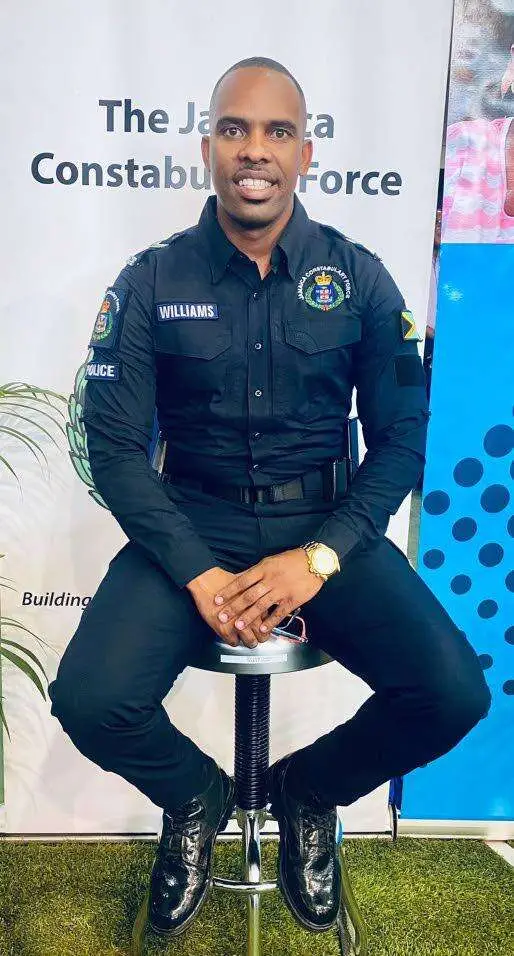
Leaders call for community intervention to steer children away from violence
MANDEVILLE, Manchester — Against the backdrop of the pattern of violence in schools, including attacks on students and teachers, the police, teachers’ union and parents association believe more can be done collectively to stem the problem from reaching the learning environment.
Corporal Andrew Williams, national safe schools coordinator at the Community, Safety and Security Branch (CSSB); president of the Jamaica Teachers’ Association (JTA), La Sonja Harrison; and president of the National Parent Teachers’ Association of Jamaica (NPTAJ) Stewart Jacobs told the Jamaica Observer last week that early intervention in homes and communities is a solution to steer children away from violence before it reaches to schools.
Corporal Williams told the Observer that partnership between the police, community groups and schools to engage parents, students and teachers have been beneficial.
“One of the approaches we have in tackling it [violence] when the new school year [starts], is that you would have most of the parents coming in for that orientation. We try to engage the parents from there as also we speak to the National Parenting Commission and we try out best to engage from there, so even though we are in the schools, it [violence] started from in the community,” he said.

“We also have from the CSSB our neighbourhood watch… because we know some of the parents are there, we try to get some of the messages across to the same parents because we think, with a safer community, we will have safer schools. We try to get through to them [parents and children] on every single occasion,” added Corporal Williams.
Harrison, meanwhile, has called for community interaction from groups, including the Church, to guide children away from violence.
“We have a challenge on our hands and all hands are needed on deck to really treat with the violence and at the heart of it, how do we plan as a nation to support parenting and caring. Perhaps the parents want to reach out to the community again by virtue of the Church and send their children to Sunday and Sabbath school, because that used to be another area of great support and help for parents to rear their children,” she said.
Jacobs pointed to a similar sentiment as he went further to highlight the influence of gangs on children.

“Children are products of our society and if they live in a violent environment, they will continue to play it out in schools. We have found out that there are gangs in schools and these gangs migrate from the community where the children live,” he said.
“The violence in schools starts from the community, it moves into the schools… What needs to be done is that from a collective national level with all the stakeholders involved [including] the Ministry of National Security, policing, social workers, the churches need to get together now and address it in a holistic way,” added Jacobs.
Harrison pointed out that some schools are under-resourced and have inadequate guidance counsellors.
“Much of what school has to contend with really doesn’t start at school either, it starts from in the community and it spills over and manifests in school. Schools that are already under-resourced be it with the number of teachers, who are supposed to be on staff or be it the absence of a guidance counsellor,” she said.
“We recently saw a school in Independence City, Portmore, calling for an additional guidance counsellor. They have a population of 1,160 odd students and they had two guidance counsellors. Now they are down to one.
“Do the math. Let us say half of that population need no intervention, you have the [other half] who are in need of some kind of attention from the guidance counsellor. Now you expect one human being to be able to treat with all of that,” she stressed.
“And the story does not get any better, because there are schools, especially the smaller ones, that have a cluster-based guidance counsellor, so they don’t have one on the ground every day. That person may just come two or three times for the week,” added Harrison.
Last October Education Minister Fayval Williams outlined a plan to reduce the level of violence in schools by 50 per cent by November 2023 — but that will need the active participation of all Jamaicans.
“This is a mammoth task that cannot just be left to the 1,198 guidance counsellors, our 139 deans of discipline, or the 41 senior teachers who act as deans of discipline, or the 257 school resources officers — which is another way of saying police officers — who we have in our schools,” she said.
A United Nations Children’s Fund (UNICEF) 2018 situation analysis showed that approximately 80 per cent or approximately 300,000 of Jamaica’s children experience some form of physiological or physical violence administered as discipline.
The study also found that approximately 65 per cent of students are bullied at school, and that 79 per cent witness violence in the home or community.
The prevalence of attacks on students and teachers are oftentimes viral as videos of the incidents surface on social media.
The role of good parenting, however, continues to be highlighted as one of the most critical ways to steer children away from violence.
Corporal Williams said that although the police interact with children in schools, parents should play a greater role.
“We ask the school administration to invite us when they are having your parent-teachers meeting, through our neighbourhood watches we get the messages to the parents within the community and through our police youth club programmes we get the messages out to the students and also the parents.
“But without the parents’ intervention we are going to have it very hard, so we have been making gains and with greater gains, I think we will have a safer school environment,” he said.
Added Jacobs: “Our workshops are very engaging where each participant is able to speak of his/her experience with solutions and the outcome, it is also very eye-opening because we are able to listen to what has caused this child to want to fight or maim the other child. Coming out of that you realise that a lot of the parents are oblivious to what is happening,” he said.
“We have offered ourselves as mentors. We have done projects with schools that are having problems [violence] to give them support as parents to speak to parents having the issues and that also involves teachers and students,” Jacobs said.
























